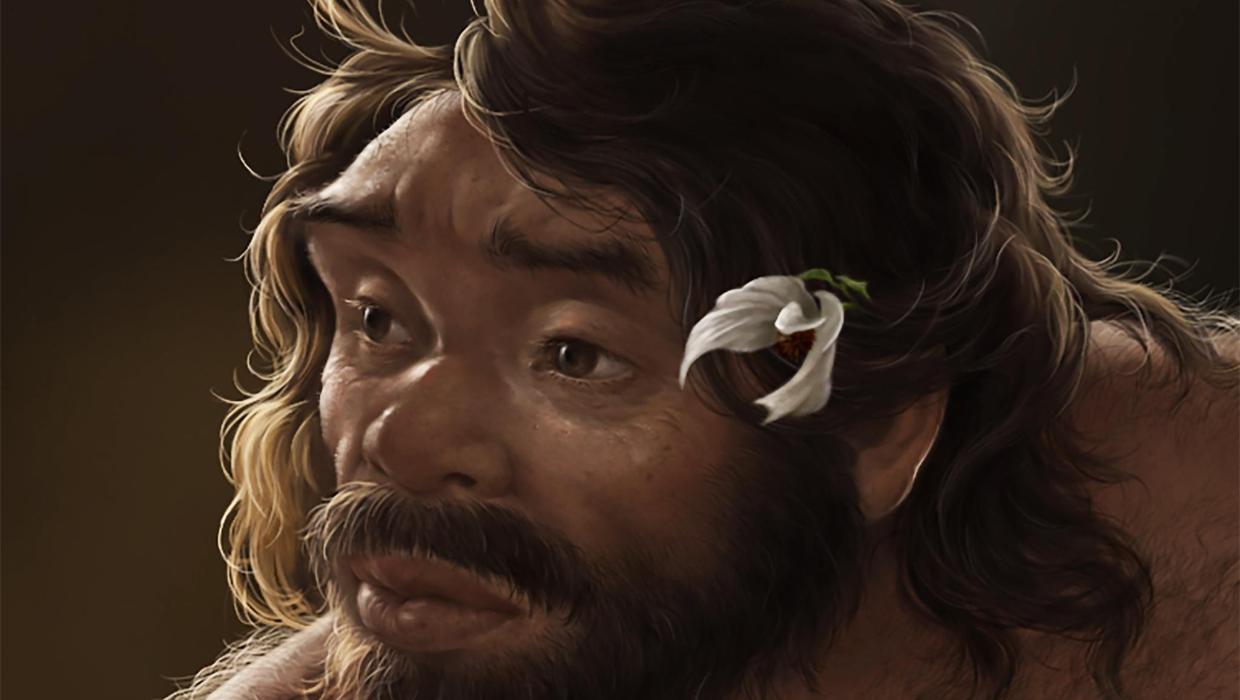Science
Fossil Skull Challenges Human Evolution Timeline, Sparks Debate

A recently unearthed fossilised skull from Ethiopia is igniting a significant debate among scientists regarding the timeline of human evolution. This discovery suggests that the lineage of modern humans, known scientifically as Homo sapiens, may be considerably older than current models indicate. The implications of this finding could reshape our understanding of how and when modern humans emerged.
The skull, which dates back to approximately 400,000 years ago, was discovered in a region known for its rich archaeological significance. Researchers from the University of Cambridge and other institutions have expressed surprise at the implications of this fossil, which appears to display characteristics that blur the lines between ancient and contemporary human features. This discovery was published in a study released in October 2023, drawing significant attention from the scientific community.
Traditionally, the prevailing hypothesis has suggested that Homo sapiens emerged around 200,000 to 300,000 years ago in Africa. However, the features evident in this skull challenge that timeline, leading some scientists to propose that our species may have been evolving for much longer than previously thought. The study’s lead author, Dr. Sarah Collins, a paleoanthropologist at the University of Cambridge, emphasized the need for a reassessment of our evolutionary history, stating, “This skull could represent a missing link that provides insights into the development of modern humans.”
The implications of this research extend beyond mere academic curiosity. Understanding the timeline of human evolution is fundamental to various fields, including anthropology, genetics, and even medicine. As scientists strive to piece together the complexities of human ancestry, this skull contributes valuable information that could inform not only our understanding of where we come from but also how we adapt to changing environments.
The fossil record is notoriously incomplete, with many gaps that make it challenging to construct a definitive timeline of human evolution. Each new discovery, such as this skull, provides a crucial piece of the puzzle. The research team plans to conduct further studies to analyse the skull’s features in greater detail, which could provide additional insights into the evolutionary processes that shaped our species.
This finding has sparked a renewed interest in the ongoing debates surrounding human origins. Some experts are calling for a reassessment of established concepts in light of new evidence, urging a more nuanced understanding of the evolutionary timeline. Others caution against drawing definitive conclusions too quickly, advocating for a careful analysis of the fossil’s implications.
As the scientific community continues to investigate this discovery, public interest in human evolution remains high. Museums and educational institutions are likely to feature this skull in upcoming exhibits, highlighting the importance of ongoing research in understanding our past.
The debate surrounding the implications of this skull is expected to continue for years to come. As more fossils are discovered and technology advances, the narrative of human evolution will undoubtedly evolve. Each discovery enriches our understanding of the intricate web of life that has led to the emergence of Homo sapiens and sheds light on the journey that defines what it means to be human.
-

 World3 months ago
World3 months agoTest Your Knowledge: Take the Herald’s Afternoon Quiz Today
-

 Sports3 months ago
Sports3 months agoPM Faces Backlash from Fans During Netball Trophy Ceremony
-

 Lifestyle3 months ago
Lifestyle3 months agoDunedin Designers Win Top Award at Hokonui Fashion Event
-

 Sports3 months ago
Sports3 months agoLiam Lawson Launches New Era for Racing Bulls with Strong Start
-

 Lifestyle3 months ago
Lifestyle3 months agoDisney Fan Reveals Dress Code Tips for Park Visitors
-

 World3 months ago
World3 months agoCoalition Forms to Preserve Māori Wards in Hawke’s Bay
-

 Health3 months ago
Health3 months agoWalking Faster Offers Major Health Benefits for Older Adults
-

 Politics3 months ago
Politics3 months agoScots Rally with Humor and Music to Protest Trump’s Visit
-

 Top Stories3 months ago
Top Stories3 months agoUK and India Finalize Trade Deal to Boost Economic Ties
-

 World3 months ago
World3 months agoHuntly Begins Water Pipe Flushing to Resolve Brown Water Issue
-

 Entertainment3 months ago
Entertainment3 months agoExperience the Excitement of ‘Chief of War’ in Oʻahu
-

 Science3 months ago
Science3 months agoNew Interactive Map Reveals Wairarapa Valley’s Geological Secrets









